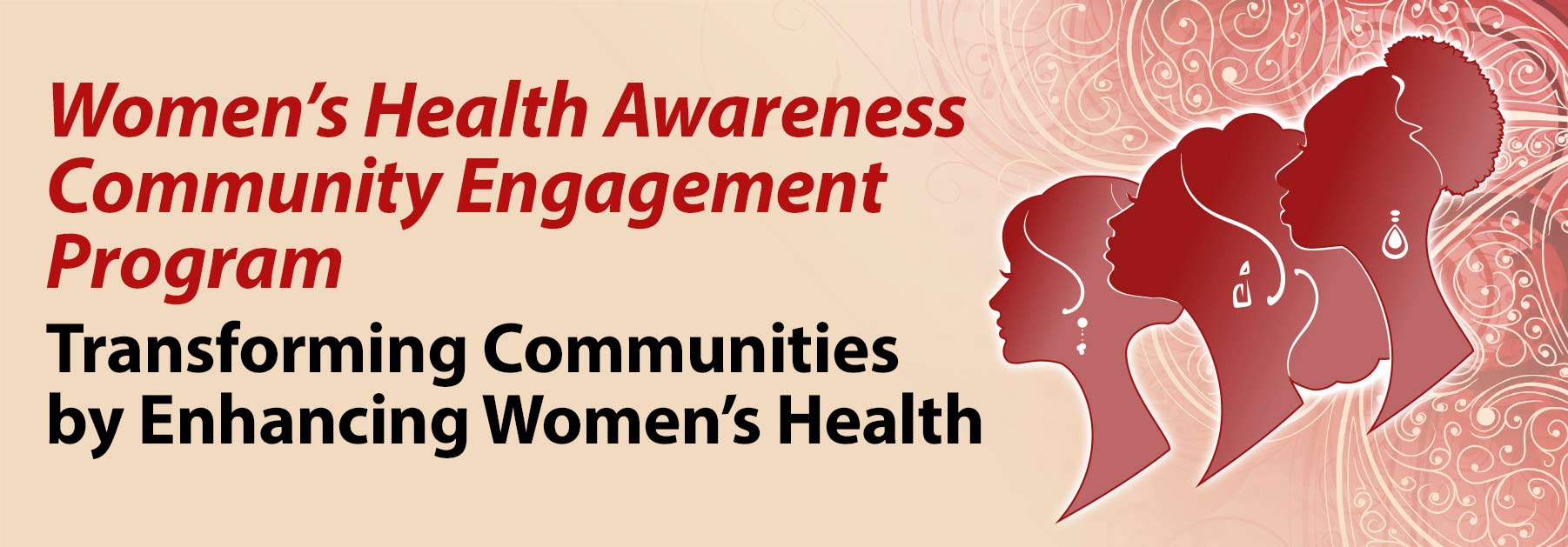

The Women’s Health Awareness (WHA) Community Engagement Program utilizes a range of community-based participatory research (CBPR), engagement and implementation science methodologies to design, assess and improve the program and evidence base on environmental public health issues impacting underrepresented, understudied, underreported, and underserved (U4) women. This includes developing responsive and engaging programming to advance education, research, and outreach strategies. Examples of the WHA Program’s research and projects include:
- Women’s Community Resiliency, Environmental Action, and Collaborations for Health (REACH) Study: This longitudinal mixed-methods study is designed to understand the long-term impacts of COVID-19 on minority women and their families. Specific issues being explored include healthcare access, mental health, and maternal and reproductive health. This ongoing study, initiated in September 2022, involves U4 women of color, 18 years and up, living in North Carolina. Interested in participating in the REACH Study? Visit our Join a Study REACH website. Get additional information for researchers on this study.
- Examining environmental health experiences through community-engaged research at annual WHA conference: The annual WHA conferences serve as an evidence-based intervention and provides a research platform to examine participants’ personal experiences, perceptions, and engagement interests. This includes the use of both surveys and qualitative interviews with conference participants on a range of issues each year. The latter method includes the utilization of “Let your voice be heard” speak out booths with participants. Issues examined in previous conferences include environmental health concerns in communities and mental health and resiliency strategies. Learning from these research activities is utilized to inform future WHA programming, conference content and health education resources to create healthier and more resilient communities.


